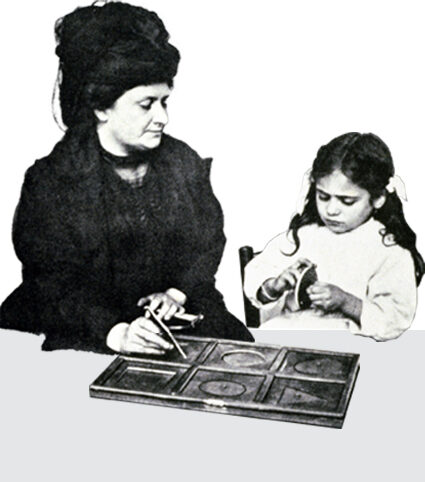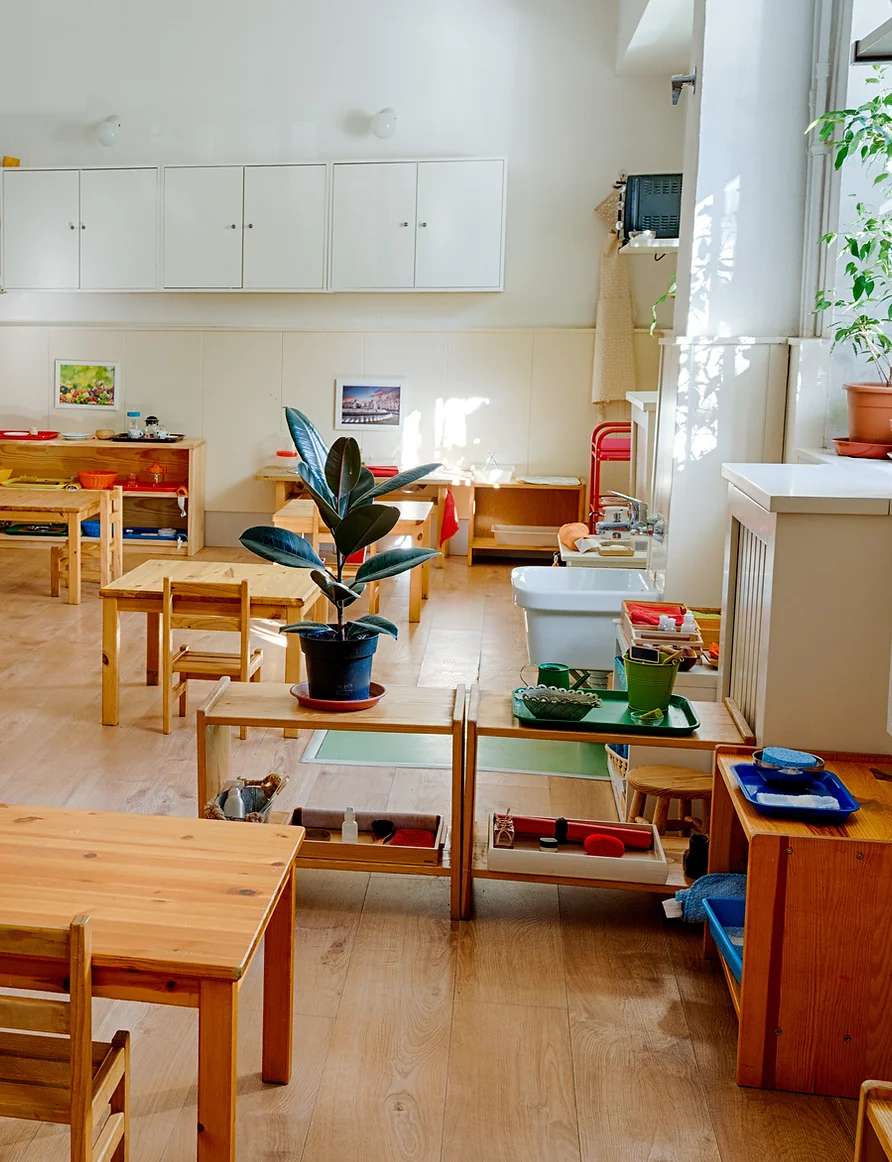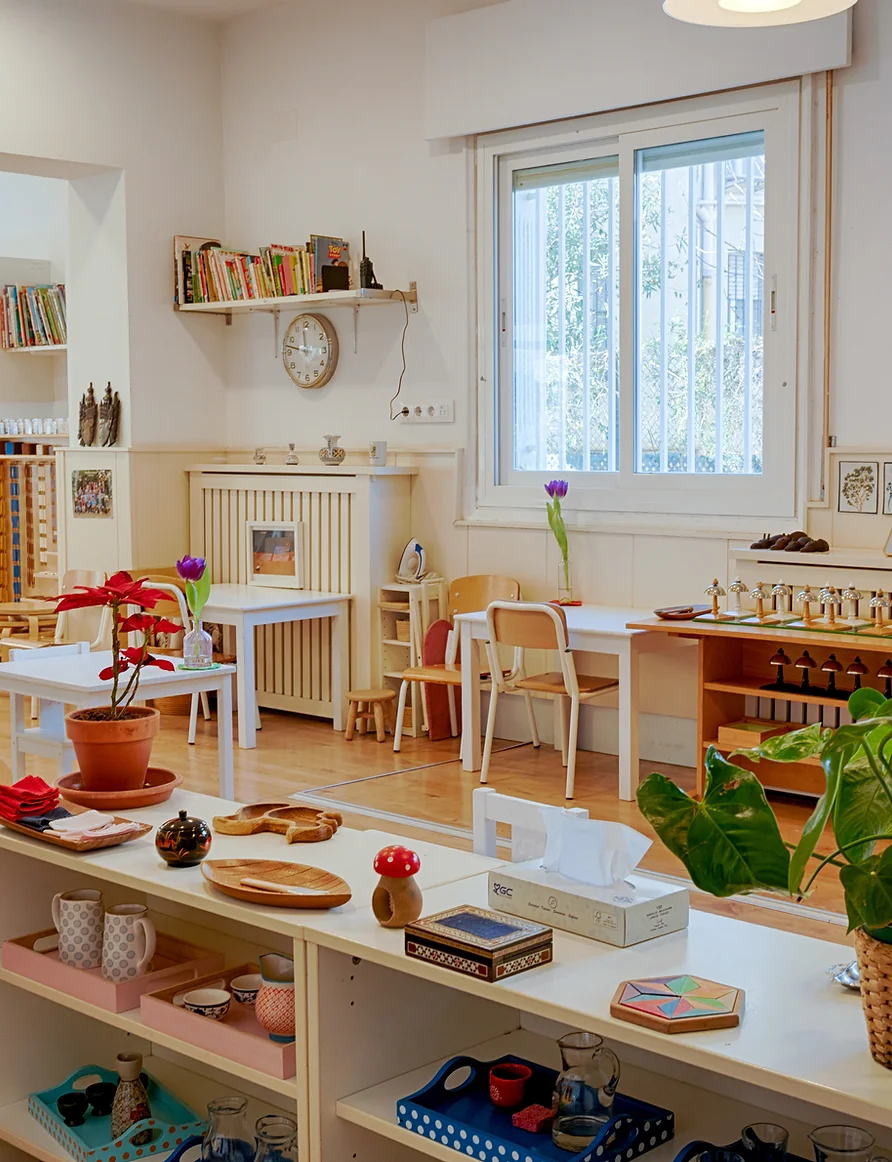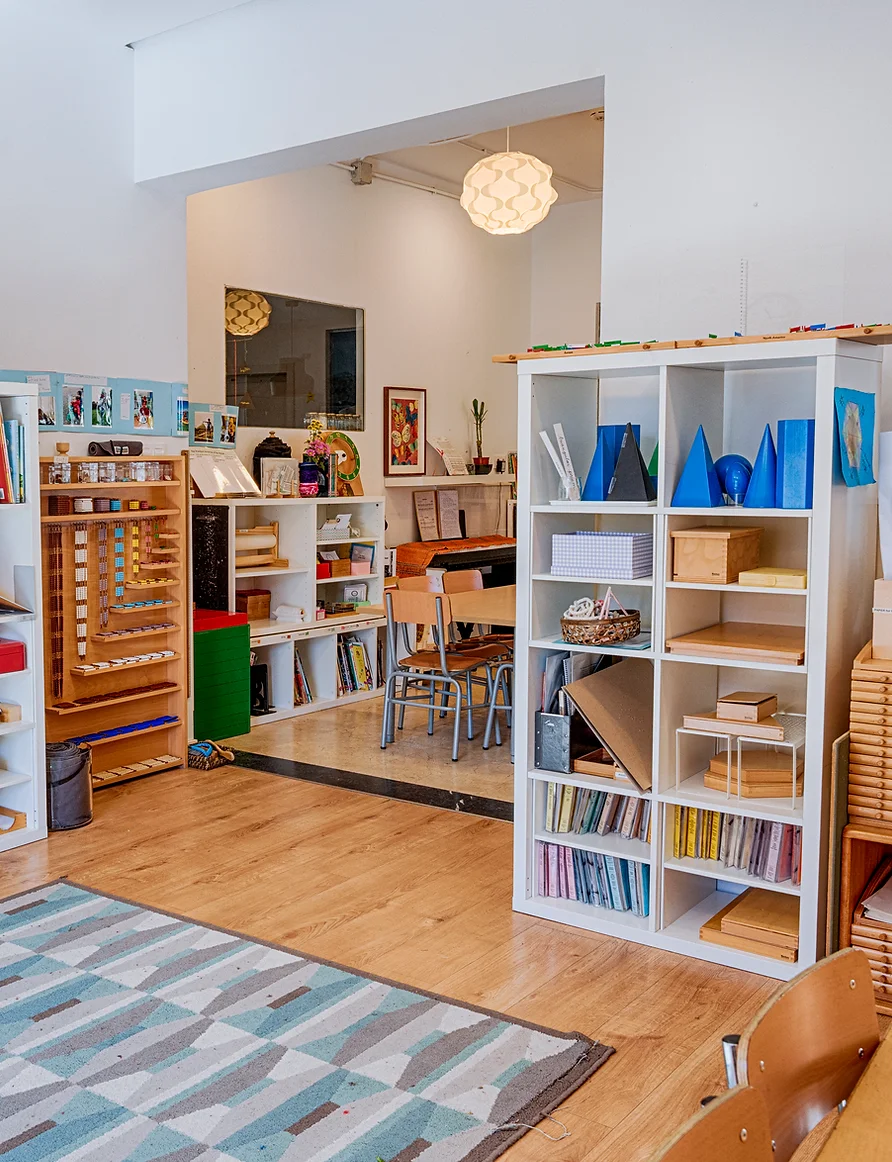sobre nuestro colegio
Madrid Montessori es un colegio estadounidense en El Viso de Madrid, que ofrece una educación Montessori según los preceptos de la Association Montessori Internationale (AMI), fundada por Maria Montessori en 1929.
Nuestro programa educativo es para niñas y niños entre los 18 meses y los 12 años. Nuestro enfoque se basa en que la educación de los niños debe apoyarse en un sólido proyecto pedagógico que respeta a los alumnos como individuos, estructurado según las necesidades de sus distintas etapas de desarrollo.
sobre nuestro colegio
Madrid Montessori es un colegio estadounidense en El Viso de Madrid, que ofrece una educación Montessori según los preceptos de la Association Montessori Internationale (AMI), fundada por Maria Montessori en 1929.
Nuestro programa educativo es para niñas y niños entre los 18 meses y los 12 años. Nuestro enfoque se basa en que la educación de los niños debe apoyarse en un sólido proyecto pedagógico que respeta a los alumnos como individuos, estructurado según las necesidades de sus distintas etapas de desarrollo.
nuestros programas
Estamos comprometidos a apoyar a los padres. Nuestras ofertas incluyen programas para futuros padres y aquellos con niños menores de tres años.

El ambiente de la casa de niños está preparado para responder a las necesidades de desarrollo de los niños entre 3 y 6 años.
- Niños

El programa de Primaria está diseñado para responder a las cambiantes necesidades de los niños de entre 6 y 12 años.
- Primaria

“El hombre sólo puede desarrollarse por medio de la libertad y de las experiencias sobre el ambiente.”
MARIA MONTESSORI




